Concerned About Home Maintenance Expenses? Here's What You Should Know
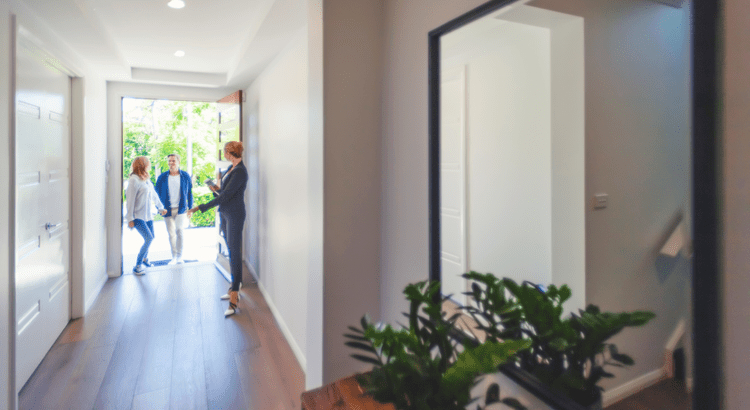
If you're hesitant to buy a home due to concerns about maintenance, here's some useful information about both new construction homes and existing homes (previously lived-in properties).
Newly Built Homes Require Less Initial Maintenance
If your budget allows, a newly built home might alleviate your concerns about maintenance costs. Since everything in a new home is brand new, it won't have the wear and tear typical of an existing home, reducing the likelihood of needing repairs. As LendingTree notes:
"Because the systems, appliances, roof, and foundation are all new, you’re less likely to incur major or minor repair costs within the first few years of homeownership. This can be particularly beneficial for first-time homebuyers transitioning from renting to owning."
Moreover, numerous construction firms provide warranties on their newly erected dwellings, safeguarding the homeowner against certain substantial expenditures that may unexpectedly arise. As the esteemed institution First American elucidates:
"The new systems in your home, such as plumbing, electrical, and HVAC, are usually protected for one to two years under your builder’s warranty. If any issues arise with these systems, you would reach out to the builder or their warranty provider."
Established Homes Offer Remarkable Advantages
However, it's important to note that warranties are not exclusive to newly constructed homes; they are also available for existing homes.
Your agent might assist you in negotiating with the seller to include a warranty as a concession in your contract. However, it's essential to recognize that not all sellers may agree to this. In the event they decline, you have the option to purchase one independently, as detailed in an article from Forbes.
"Within a real estate transaction, either the buyer or the seller has the option to acquire a home warranty policy."
And there are benefits for both parties when it comes to a home warranty. According to MarketWatch:
"A buyer's home warranty benefits both buyers and sellers, facilitating the closure of the deal for the seller while offering assurance to the future homeowner that they will be protected if a system or appliance malfunctions. Occasionally, a seller may cover the first year of the home buyer's warranty to enhance the deal, though this can vary based on the real estate market."
If you're considering a home warranty for peace of mind, rely on your agent. They will advocate for you and negotiate with the seller to determine if they would be willing to provide one for you. Keep in mind that the probability of the seller including a warranty depends on the conditions in your local market.
So, Should I Buy New or Existing?
While the reduced requirement for initial maintenance is a significant advantage of new construction, there are certain aspects that a newly built home cannot offer but an existing home can.
Take, for instance, the unique character and charm that existing homes possess, which can be challenging to replicate. The idiosyncrasies associated with older homes often contribute to a cozier atmosphere. Additionally, existing homes typically feature more mature landscaping and a firmly established community ambiance, fostering a more welcoming environment compared to the often blank canvas of new construction. Furthermore, opting for new construction may entail waiting for the completion of the home based on its construction progress. Ultimately, the decision hinges on what holds greater significance for you.
Bottom Line
Regardless of whether you opt for a newly constructed or an established home, a home warranty can alleviate some of your maintenance concerns. To assess your choices and prioritize your needs, consult with professionals in the field.
Categories
Recent Posts
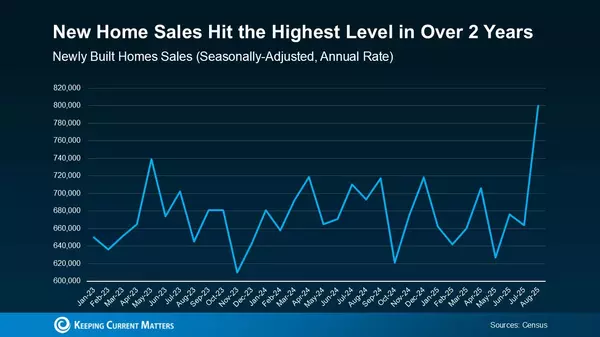


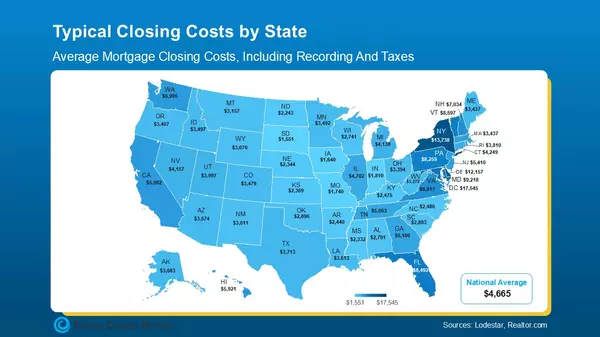
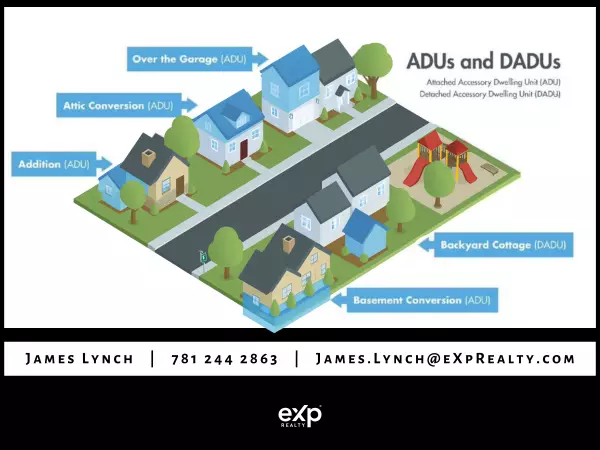



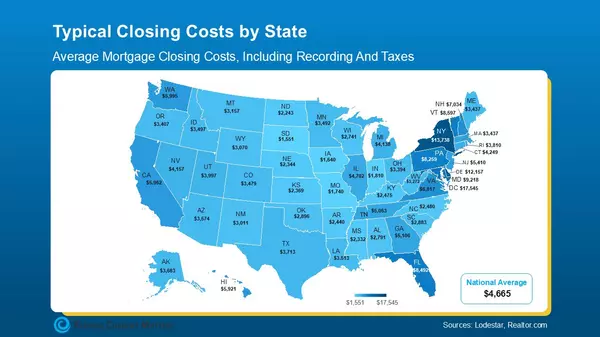
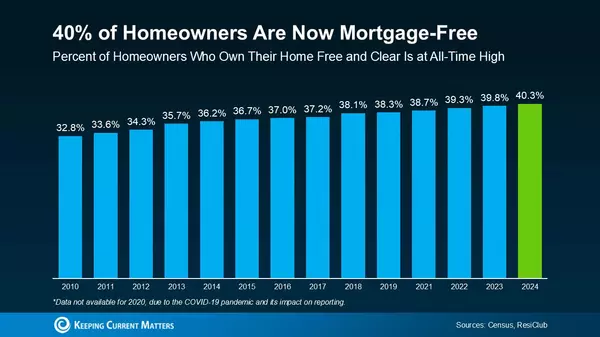
GET MORE INFORMATION


